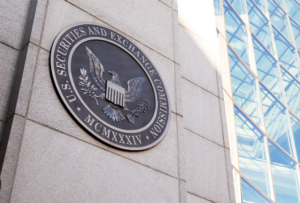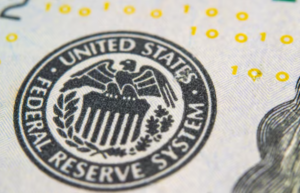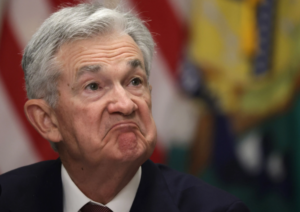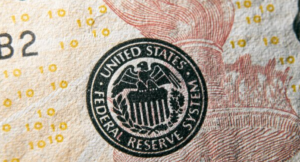$SPX $DJI $BTC
#GlobalMarkets #Stocks #Investing #Economy #Trade #Tariffs #StockMarket #Crypto #WallStreet #Finance #Trading #Investors
Global stocks showed signs of recovery as investors grew optimistic following comments from Commerce Secretary Howard Lutnick, who suggested that tariffs could see reductions in the near future. This statement provided relief to market participants who have been concerned about prolonged trade restrictions and their impact on global economic growth. Equity markets, which have been under pressure due to macroeconomic uncertainties and persistent inflation concerns, responded positively as traders interpreted Lutnick’s remarks as a signal of potential de-escalation in trade tensions. Major indices, including the S&P 500 and Dow Jones Industrial Average, rallied in pre-market trading, while key Asian and European markets also posted gains.
The prospect of tariff relief could serve as a catalyst for sectors that have been weighed down by global trade policies. Industrials, manufacturing, and technology stocks, which rely heavily on cross-border supply chains, saw notable gains in early trading. Investors also rotated into consumer goods and retail stocks, reflecting expectations that lower tariffs could reduce costs for companies and improve profit margins. Furthermore, major semiconductor and hardware firms, which had faced headwinds due to higher import costs, saw an uptick as traders speculated on reduced regulatory burdens. In the commodities market, raw materials such as aluminum and steel, both sensitive to trade policy shifts, experienced price fluctuations as investors adjusted their strategies based on the latest developments.
Market analysts have pointed out that easing tariff measures could contribute to lower inflationary pressures by allowing for smoother trade flows and potentially reducing costs for businesses and consumers. This comes at a critical time when central banks globally are assessing their monetary policies, with some regions still combating high inflation through tighter interest rate regulations. If tariffs are indeed rolled back, it may provide central banks with more flexibility in their decision-making, reducing the urgency for aggressive rate hikes. Meanwhile, institutional investors closely monitored foreign exchange movements, as tariff changes could lead to adjustments in currency valuations, particularly in trade-sensitive economies such as China and Europe.
Cryptocurrency markets also reacted to the developments, with Bitcoin and other major digital assets experiencing increased volatility as traders weighed the potential implications of tariff reductions. A more favorable trade environment could boost institutional adoption of crypto assets, as businesses find it easier to navigate global commerce. Additionally, lower trade barriers may enhance liquidity conditions, indirectly benefiting riskier asset classes, including digital currencies. While uncertainty remains over the exact timeline and extent of any tariff modifications, the initial market response highlighted a renewed sense of optimism among investors, suggesting that global equities could be poised for a broader recovery.







Comments are closed.